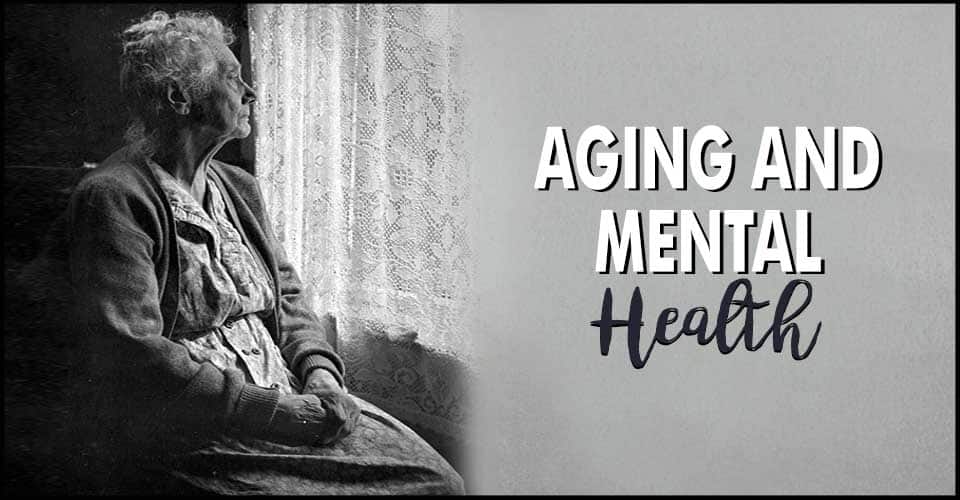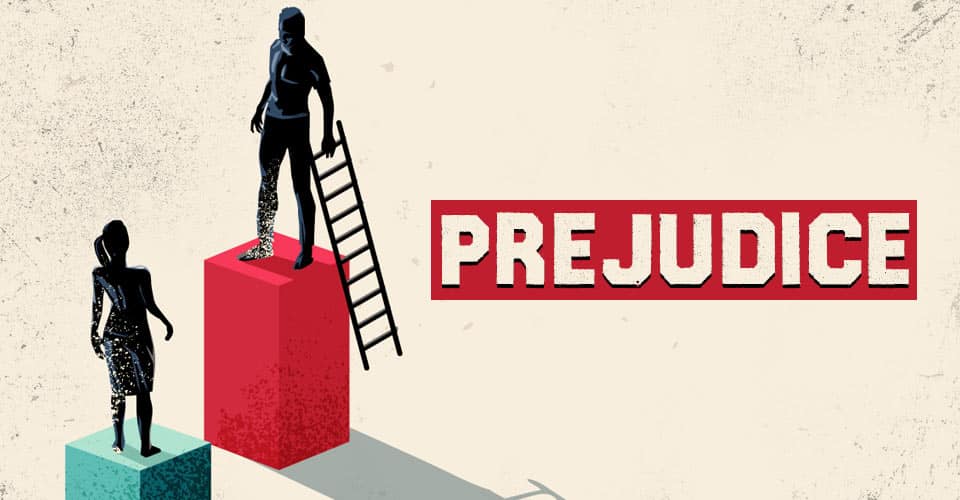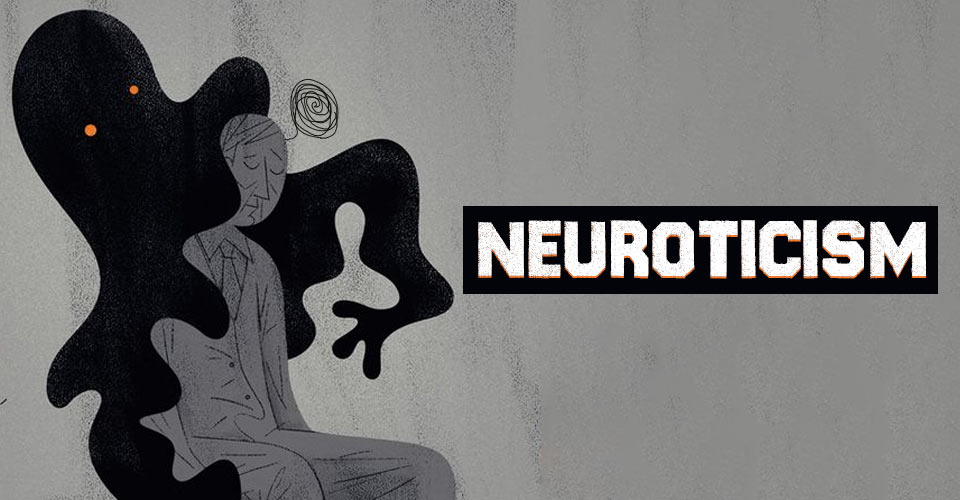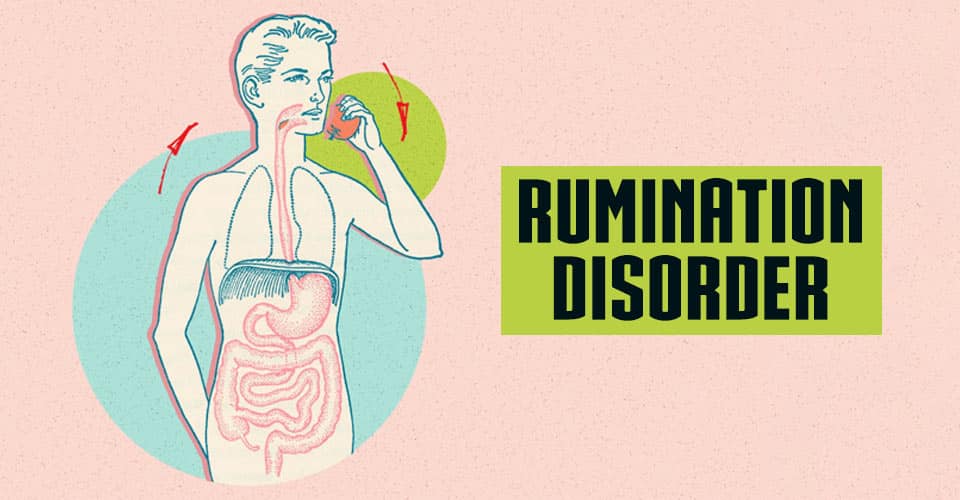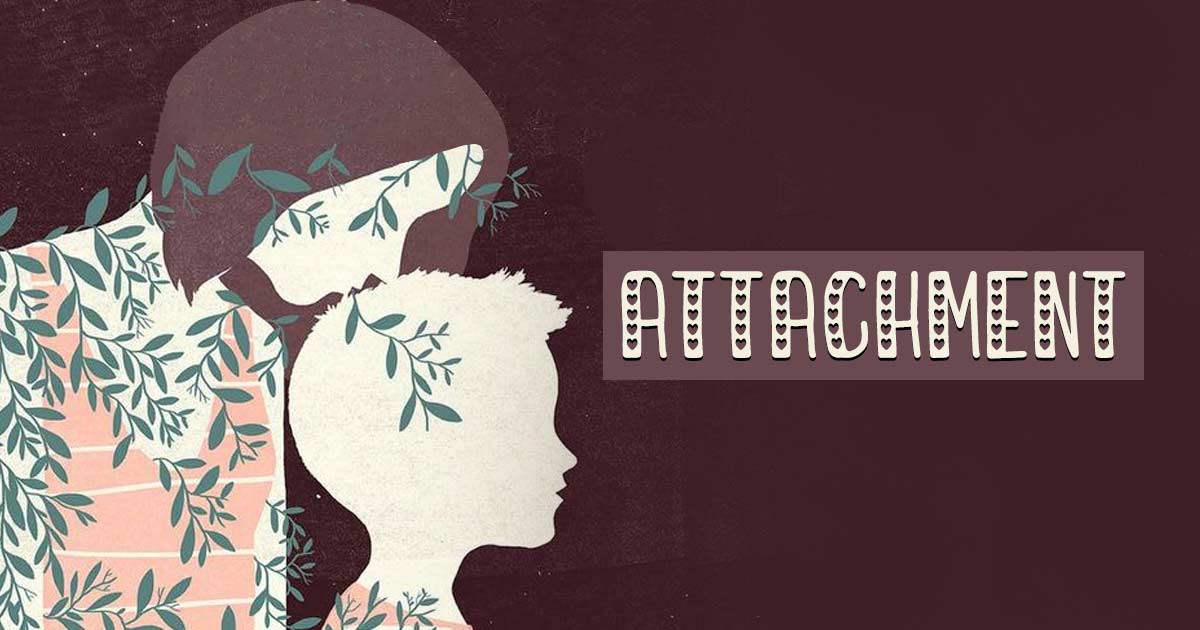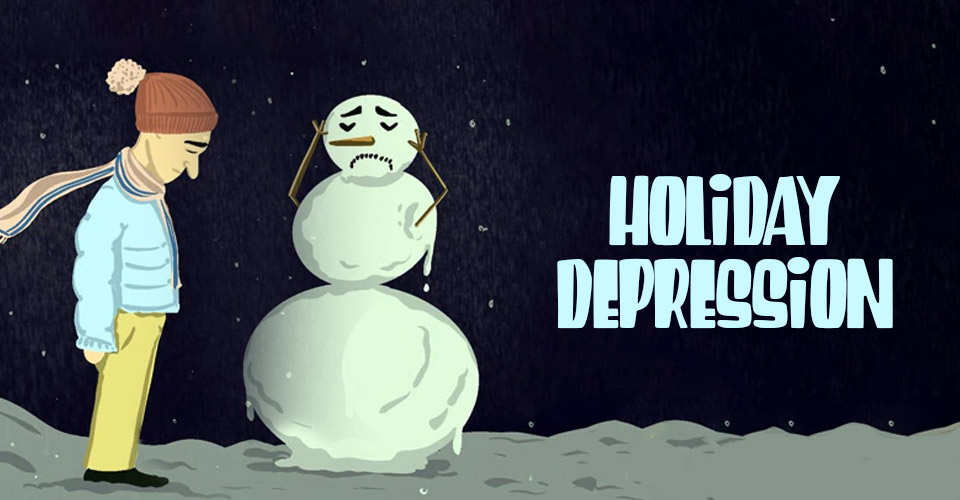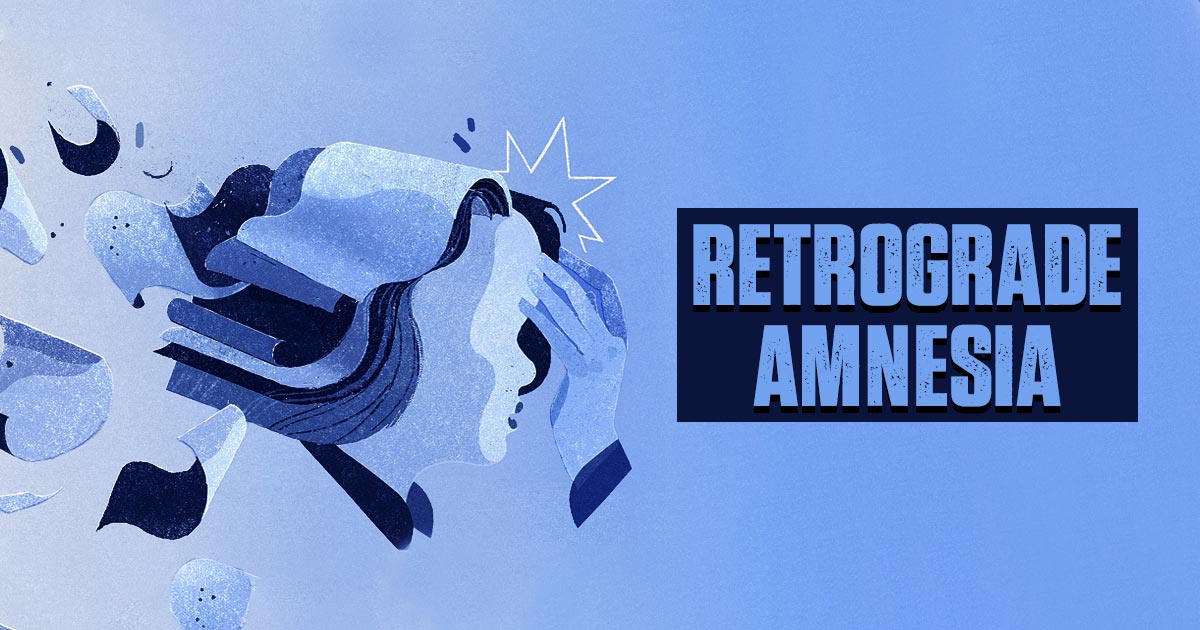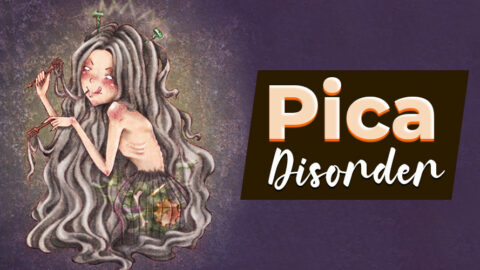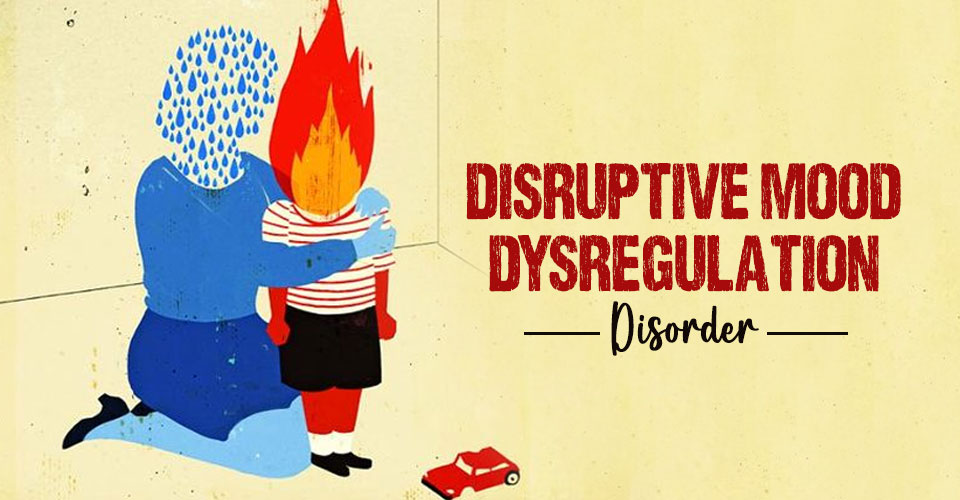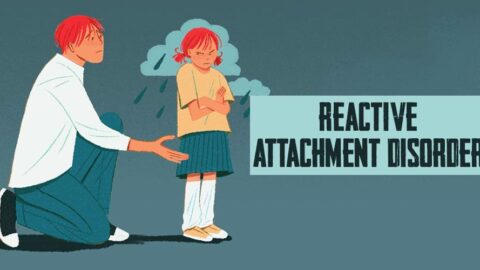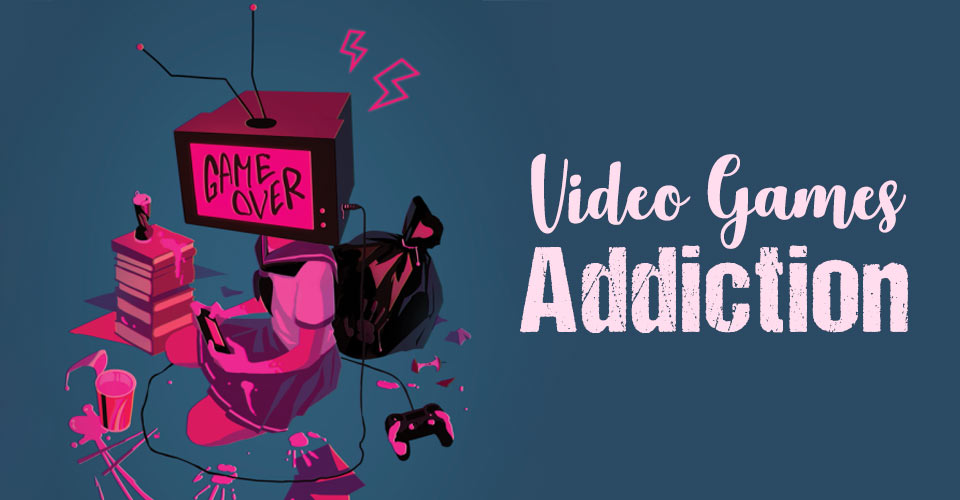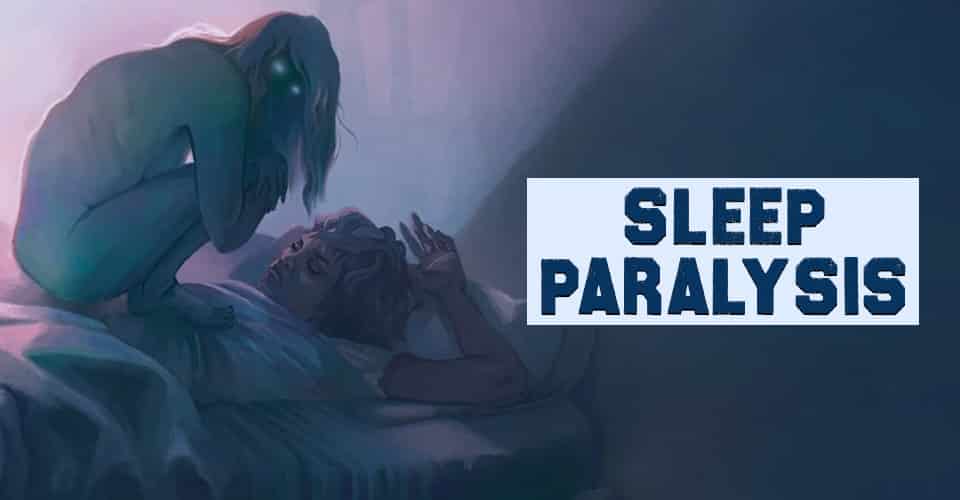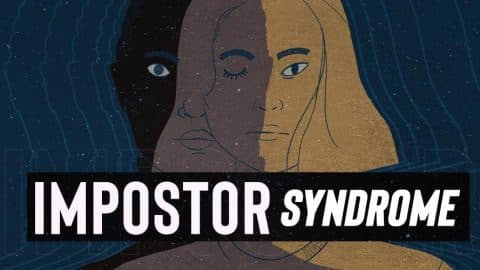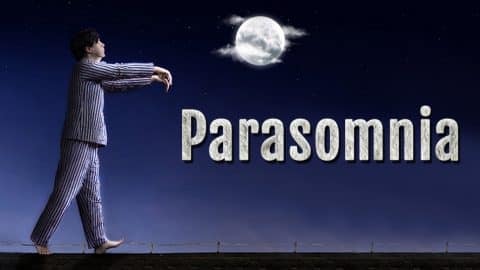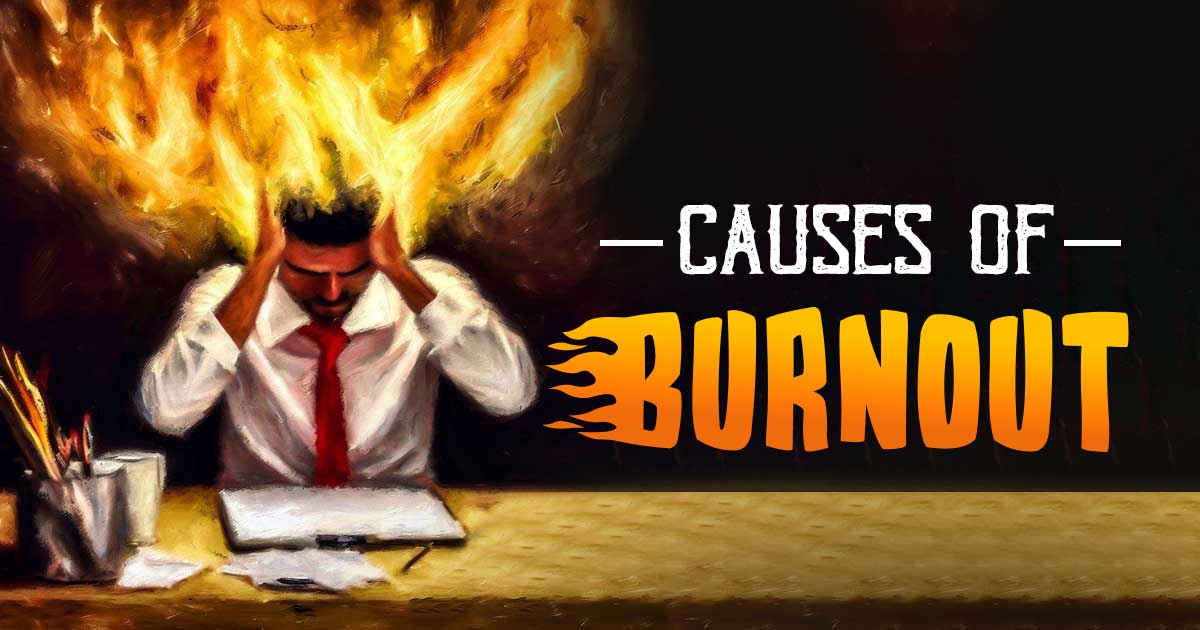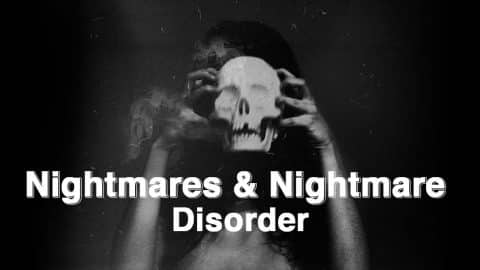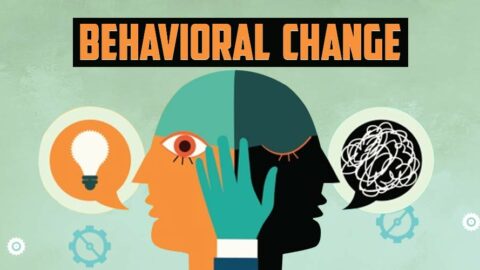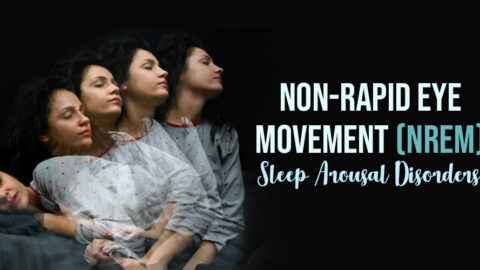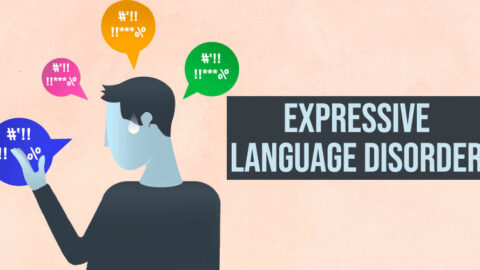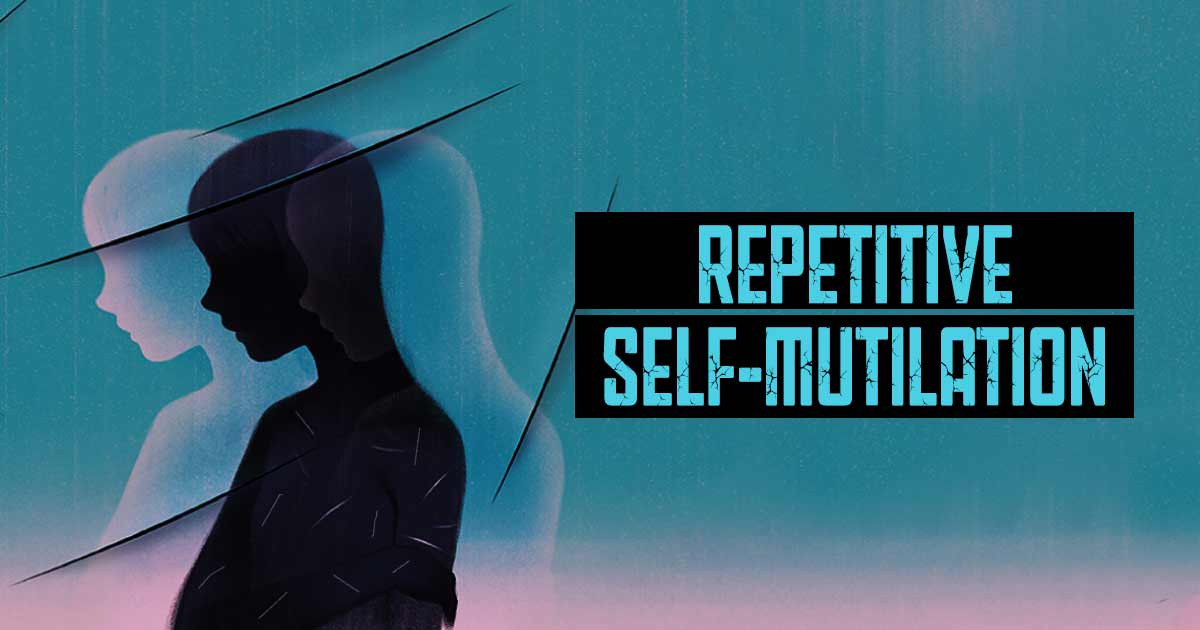Aging is a natural and universal process that everyone undergoes as time passes. However, this process can also have a significant impact on our mental health, posing a variety of challenges that may affect our overall well-being. Therefore, it is crucial to understand the relationship between aging and mental health to promote healthy aging and manage mental health symptoms in the advancing years.
How Are Aging And Mental Health Related?
Aging and mental health are closely related 1 Fernandes, L., & Paúl, C. (2017). Editorial: Aging and Mental Health. Frontiers in aging neuroscience, 9, 25. https://doi.org/10.3389/fnagi.2017.00025 . As people age, there is a natural decline in the volume and function of certain brain areas. This makes them more susceptible to mental health conditions (such as depression, anxiety disorders, substance abuse, and dementia) that impact their daily functioning, social relationships, and quality of life.
The development of such mental health disorders can be attributed to a variety of factors, namely, chronic health problems, changes in living arrangements, and social isolation.
Read More About Aging Here
In statistics: Poor mental health in the elderly
Research 2 Cummings, S., Li, W., & Kropf, N. (2017). AGING AND MENTAL HEALTH: GLOBAL PERSPECTIVES. Innovation in Aging, 1(Suppl 1), 640. https://doi.org/10.1093/geroni/igx004.2262 shows that depression affects around 7% 3 Fiske, A., Wetherell, J. L., & Gatz, M. (2009). Depression in older adults. Annual review of clinical psychology, 5, 363–389. https://doi.org/10.1146/annurev.clinpsy.032408.153621 of the global older adult population, while anxiety disorders are also prevalent with rates ranging from 3–14% 4 Bandelow, B., & Michaelis, S. (2015). Epidemiology of anxiety disorders in the 21st century. Dialogues in clinical neuroscience, 17(3), 327–335. https://doi.org/10.31887/DCNS.2015.17.3/bbandelow . Dementia, characterized by cognitive decline, affects around 5–8% 5 Duong, S., Patel, T., & Chang, F. (2017). Dementia: What pharmacists need to know. Canadian pharmacists journal : CPJ = Revue des pharmaciens du Canada : RPC, 150(2), 118–129. https://doi.org/10.1177/1715163517690745 of older adults worldwide. While bipolar disorder, schizophrenia, and substance use disorders also occur in older adults, they occur at lower rates 6 Tampi, R. R., Young, J., Hoq, R., Resnick, K., & Tampi, D. J. (2019). Psychotic disorders in late life: a narrative review. Therapeutic advances in psychopharmacology, 9, 2045125319882798. https://doi.org/10.1177/2045125319882798 .
How Does Aging Affect Mental Health?
Studies 7 Parkar S. R. (2015). Elderly mental health: needs. Mens sana monographs, 13(1), 91–99. https://doi.org/10.4103/0973-1229.153311 attribute the following as the common effects of aging on mental health:
- Memory loss and forgetfulness
- Slower cognitive processing and reaction time
- Difficulty concentrating or staying focused
- Reduced creativity or problem-solving ability
- Mood swings or changes in emotional regulation
- Decreased interest in socializing or participating in activities
- Changes in sleep patterns or insomnia
- Increased anxiety or depressive symptoms
- A decline in executive functioning skills, such as planning and decision-making
- Reduced ability to learn new skills or adapt to new situations
- Increased risk of developing dementia or other neurodegenerative disorders
- Physical symptoms such as headaches, fatigue, or unexplained aches and pains
- Substance abuse or increased use of alcohol or prescription medications
- Thoughts of self-harm or suicide
Read More About Self-Harm Here
Factors Affecting The Mental Health Of Older Adults
Several factors 8 Mahmoodi, Z., Yazdkhasti, M., Rostami, M., & Ghavidel, N. (2022). Factors affecting mental health and happiness in the elderly: A structural equation model by gender differences. Brain and behavior, 12(5), e2549. https://doi.org/10.1002/brb3.2549 influence mental illness and aging, namely:
- Age-related changes in brain chemistry and function
- Physical health conditions such as chronic pain, disability, or illness
- Lack of healthy diet or malnutrition
- Changes in living arrangements, such as moving to a care facility or living alone
- Social isolation or loss of social support networks
- Financial stress or poverty
- Changes in cognitive function, such as memory decline or dementia
- Loss of loved ones, including spouses, family members, and friends
- Negative life events such as divorce, separation, or conflict with family members
- Lack of access to healthcare or mental health services
- Stigma or shame associated with mental health conditions (like stereotyping the mentally ill elderly population as “dangerous,” “crazy”, or “grumpy”)
Read More About Dementia Here
Brain Aging And Mental Health
Brain aging and mental health are closely linked, as changes in brain structure and function can primarily impact 9 Ackerman, S. (2018). Major Structures and Functions of the Brain. Nih.gov; National Academies Press (US). Available from: https://www.ncbi.nlm.nih.gov/books/NBK234157/ an individual’s cognitive, emotional, and social functioning. As individuals age, changes in brain structure, neurotransmitter levels, and hormonal regulation occur.
There is a decrease in brain volume and weight in old age. Also, there are changes in blood flow to the brain and the structure of the blood vessels. These changes impacts mental health by:
- Triggering memory and attention problems
- Contributing to issues of mood and emotional regulation
- Increasing the risk of certain mental health conditions (such as depression, anxiety, and dementia)
Read More About Depression Here
How To Diagnose Mental Health Issues In Old Age
Diagnosing mental health issues in old age 10 Gaitz C. M. (1980). Diagnosing mental illness in the elderly. Journal of the American Geriatrics Society, 28(4), 176–179. https://doi.org/10.1111/j.1532-5415.1980.tb00512.x requires a comprehensive evaluation by a healthcare professional. A primary care physician, geriatric psychiatrist, or another mental health specialist can conduct a thorough assessment to determine the presence and severity of any mental health conditions in old age.
The evaluation may include a medical history and physical exam to rule out any underlying medical conditions that are contributing to mental health symptoms. The healthcare professional also uses various standardized tools and questionnaires to assess mood, anxiety, cognitive function, and other aspects of mental health in the elderly.
However, diagnosing mental health issues in older adults can be challenging 11 Burns, A., Dening, T., & Baldwin, R. (2001). Care of older people: Mental health problems. BMJ (Clinical research ed.), 322(7289), 789–791. https://doi.org/10.1136/bmj.322.7289.789 , as symptoms may be masked by physical health conditions or mistaken for age-related changes. Additionally, older adults may be hesitant to discuss their mental health concerns or may not recognize the need for treatment.
In most cases, ageism and stigmatization of mental health (like receiving a lower quality of mental health service for being old) in the elderly prevent them from availing mental health care.
Treatment For Mental Health Disorders In The Aged
Mental health disorders in the aged can be effectively treated with a combination of therapies, medications, and lifestyle changes 12 Leggett, A., & Zarit, S. H. (2014). Prevention of Mental Disorder in Older Adults: Recent Innovations and Future Directions. Generations (San Francisco, Calif.), 8(3), 45–52. Available from: https://www.ncbi.nlm.nih.gov/pmc/articles/PMC4539154/ . These include:
1. Psychotherapies
Mental health disorders in the aged can be effectively treated with a combination of therapies, medications, and lifestyle changes.
Read More About Psychotherapy Here
2. Pharmacotherapy
Medications 13 Varma, S., Sareen, H., & Trivedi, J. K. (2010). The geriatric population and psychiatric medication. Mens sana monographs, 8(1), 30–51. https://doi.org/10.4103/0973-1229.58818 such as antidepressants, anti-anxiety medications, and mood stabilizers can help manage symptoms of mental health disorders in the aged.
3. Lifestyle changes
Lifestyle changes such as regular exercise, healthy eating, and stress management techniques like meditation and yoga can improve mental health and well-being.
4. Caregiver support
Caregiver support (like respite care and counseling services) can help manage the stress associated with caring for an older adult with disabilities.
Moreover, integrated care 14 Briggs, A. M., Valentijn, P. P., Thiyagarajan, J. A., & Araujo de Carvalho, I. (2018). Elements of integrated care approaches for older people: a review of reviews. BMJ open, 8(4), e021194. https://doi.org/10.1136/bmjopen-2017-021194 (such as collaborative treatment programs between mental health professionals and primary care providers) can also improve health outcomes for mentally ill older adults with chronic medical conditions.
5. Social support
Social support from friends, family, and community activities (like volunteering) can help combat social isolation and improve mental health outcomes in the aged.
Read More About Family Here
6. Other treatment options
In severe cases, treatment methods such as electroconvulsive therapy (ECT) 15 Dominiak, M., Antosik-Wójcińska, A. Z., Wojnar, M., & Mierzejewski, P. (2021). Electroconvulsive Therapy and Age: Effectiveness, Safety and Tolerability in the Treatment of Major Depression among Patients under and over 65 Years of Age. Pharmaceuticals (Basel, Switzerland), 14(6), 582. https://doi.org/10.3390/ph14060582 or transcranial magnetic stimulation (TMS) may be recommended for the elderly affected by mental health conditions.
Tips To Balance Healthy Aging And Mental Health
Consider the following tips 16 Reynolds, C. F., 3rd, Jeste, D. V., Sachdev, P. S., & Blazer, D. G. (2022). Mental health care for older adults: recent advances and new directions in clinical practice and research. World psychiatry : official journal of the World Psychiatric Association (WPA), 21(3), 336–363. https://doi.org/10.1002/wps.20996 to reap the physical and mental health benefits of healthy and successful aging 17 Harmell, A. L., Jeste, D., & Depp, C. (2014). Strategies for successful aging: a research update. Current psychiatry reports, 16(10), 476. https://doi.org/10.1007/s11920-014-0476-6 :
- Stay physically active with regular exercise or activities.
- Maintain a balanced diet and stay hydrated.
- Get enough sleep and establish a regular sleep routine.
- Stay socially connected with friends and family.
- Practice stress-reducing activities such as meditation or yoga.
- Engage in activities that stimulate the mind, such as reading or puzzles.
- Seek support from mental health professionals or support groups when needed.
- Stay up-to-date on preventative health measures, such as vaccinations and screenings.
- Manage chronic health conditions and seek medical care when needed.
- Avoid harmful substances, such as alcohol and tobacco
Takeaway
The relationship between aging and mental health is so complex, as aging can often bring about feelings of fear and anxiety. This impact can be particularly felt with regard to changes in physical appearances and abilities or the possibility of being alone.
However, it’s important to recognize that the aging process is a normal and universal experience, and accepting this can help alleviate some of these concerns.
For older adults, identifying and addressing the psychological effects of aging is crucial, and treatment options such as medication, therapy, and lifestyle changes can significantly improve their quality of life.
Seeking professional help and adhering to a treatment plan can facilitate successful recovery and promote healthy aging. Moreover, understanding psychology and aging, as well as combating ageism and the stigmatization of mental health can also secure successful aging in the geriatric population.
At a glance
- Aging and mental health are closely related.
- Aging can increase the risk of mental health conditions like depression, anxiety disorders, substance abuse, and dementia.
- These conditions can affect daily functioning, social relationships, and quality of life.
- Factors that influence mental health in old age include changes in brain chemistry and function, physical health conditions, lack of a healthy diet, changes in living arrangements, etc.
- Diagnosis of mental health issues in old age requires a comprehensive evaluation by a healthcare professional.
- Treating mental health issues in old age involves a combination of psychotherapies, pharmacotherapy, lifestyle changes, as well as support from caregiver and social support.
- Seeking professional help and following through with the recommended treatment plan is essential for managing mental health symptoms in the advancing years.
Frequently Asked Questions (FAQs)
1. Does age play a role in mental health?
Yes, age can play a role in mental health. As people age, they may experience physical and cognitive changes, loss of social connections, and significant life transitions. These factors can contribute to an increased risk of mental health issues, including depression, anxiety, and cognitive decline.
2. Does mental health change with age?
Yes, mental health can change with age. As individuals age, they may experience a variety of physical and psychological changes that can affect their mental health.
3. Why is dealing with mental health conditions tough in old age?
Dealing with mental health conditions can be tough in old age due to physical health problems, social isolation and loneliness, stigma, and limited access to healthcare. However, with proper care and support, older adults can manage and improve their mental health conditions.
4. What is the most common mental health problem for older adults?
Depression is one of the most common mental health problems for older adults, along with anxiety and dementia.

